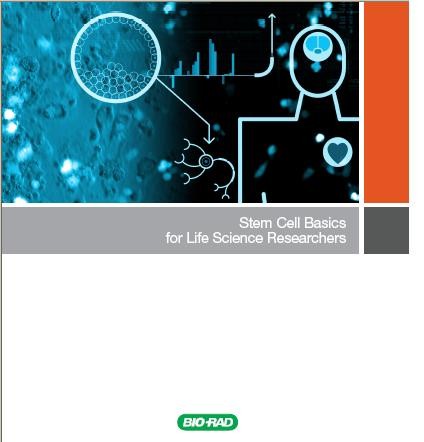Large-scale cancer genomics studies have established an extensive and unprecedented catalog of somatic mutations in multiple cancer types. This landscape was determined using mostly highly cellular, untreated primary tumors and is mostly static with limited implications to understand cancer progression and drug response in the clinic.
Tumors are composed of multiple cell types: stromal, immune or malignant cells. Malignant cells can also show sub-clonal heterogeneity, where different clones carry various somatic mutations and show variable oncogenic potential or drug sensitivity. Finally this sub-clonal population can change during the progression of cancer or as a consequence of the treatment. Additional genomic heterogeneity arises through the characteristic signatures of the various mutational processes that drive genome disruption during tumorigenesis, which highly powered technologies are beginning to resolve.
In a webinar presented by Bio-Rad and Genome Biology, Elaine Mardis (Washington University in St Louis), a world leader in the field of cancer genomics, and Olivier Harismendy (University of California San Diego), who is developing clinical assays in which next-generation sequencing is combined with digital PCR, discuss the latest developments and outstanding questions that relate to viewing cancer genomes at high resolution. The webinar will be open for audience discussion.
► Register for the webinar
New York (U.S.A. - New York) Wednesday, October 23, 2013 at 10:00:00 AM EDT
San Francisco (U.S.A. - California) Wednesday, October 23, 2013 at 7:00:00 AM PTD
















